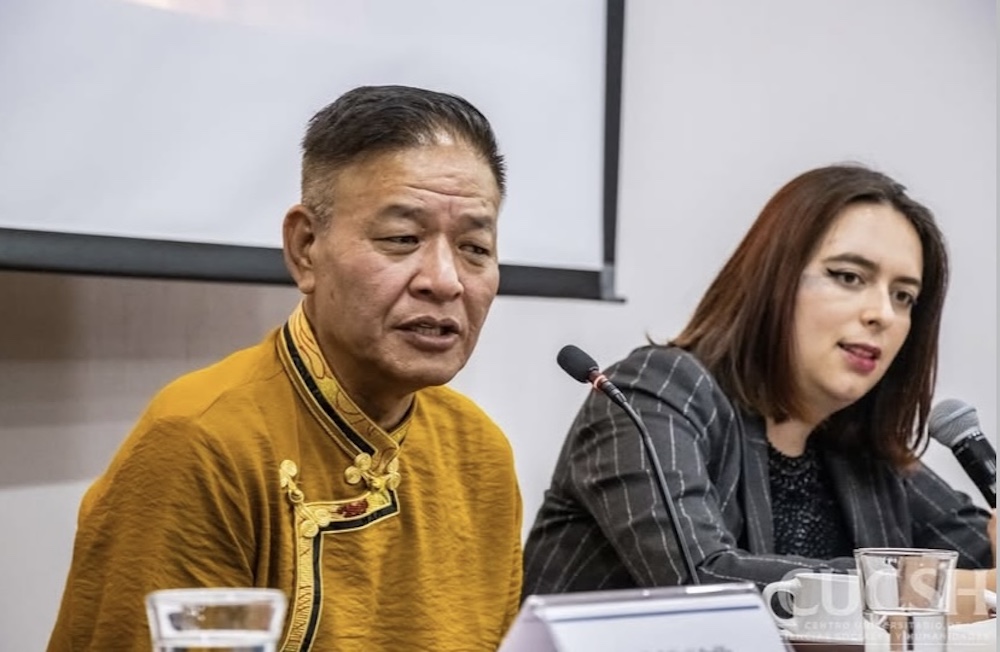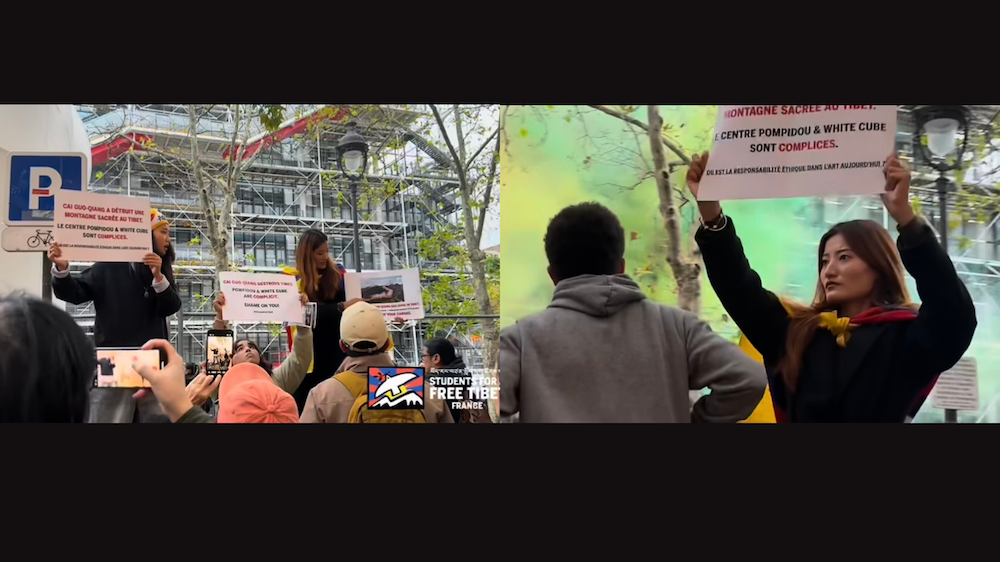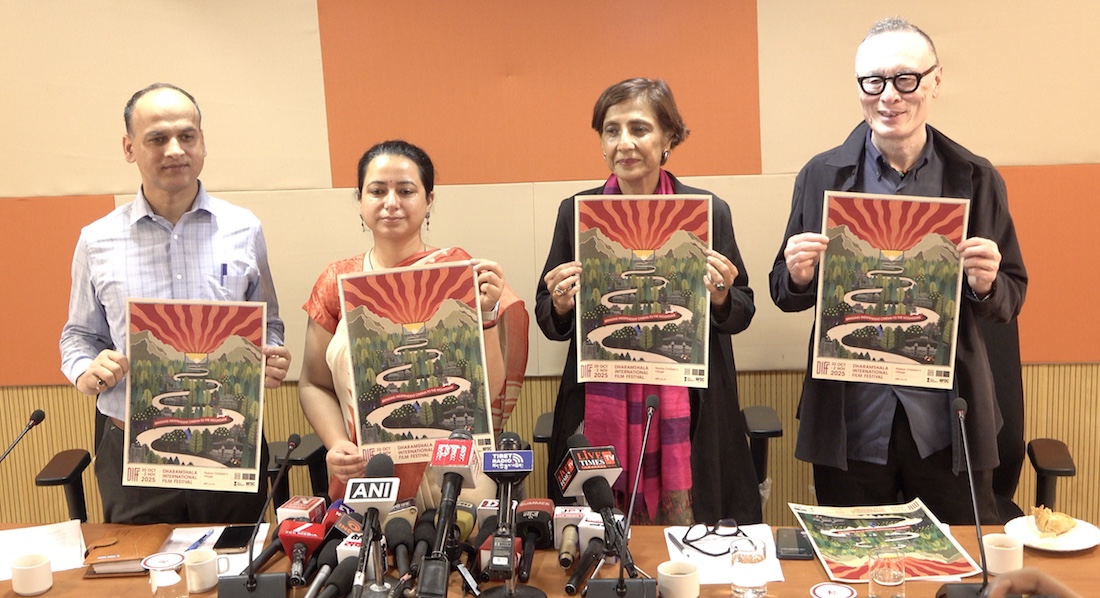By Tenzin Menkyi
 DHARAMSHALA, July 14: A leading rights group has said that China’s imposition of a ‘near-total’ ban on foreign travel for ordinary Tibetans residing in Tibetan Autonomous Region (TAR) with its issuance of two-track system of passport application not just contravenes international law but also breaches individual freedom of movement.
DHARAMSHALA, July 14: A leading rights group has said that China’s imposition of a ‘near-total’ ban on foreign travel for ordinary Tibetans residing in Tibetan Autonomous Region (TAR) with its issuance of two-track system of passport application not just contravenes international law but also breaches individual freedom of movement.
The ‘one passport, two system’ denies Tibetans and other minorities in China an equal access to travel abroad. The new rule was initially designed in part to stop Tibetan Buddhists, Uyghurs and Hui Muslims from pilgrimage or attending speeches by the Dalai Lama, pilgrimages to Mecca.
Human Rights Watch maintains alleged that the slow-track system implemented in the areas populated by Tibetan and certain other religious minorities are leads to ‘extremely long’ delays, often lasting for several years, or are routinely denied passport for no valid reason.
The fast-track method the rest of Chinese majority are entitled to can avail a passport within 15 days of a fresh application after approval from only one office under the Ministry of Public Security.
The ‘severe’ restrictions on religious minorities has been taken to an extreme in TAR, when in the year 2012, almost many passports of the Tibetans were taken back taking advantage of China’s nationwide rollout of ‘epassport’ and not issuing replacements for them.
“Getting a passport is harder for a Tibetan than getting into heaven. This is one of those ‘preferential policies’ given to us Tibetans by [China’s] central government.” wrote a Tibetan blogger on a Chinese-language website, in October 2012.
Sophie Richardson, China director at Human Rights Watch, believes it is “virtually impossible” to obtain a passport if one is a minority. “The restrictions also violate freedom of belief by denying or limiting religious minorities’ ability to participate in pilgrimages outside China,” Richardson said.
Human Rights Watch urged the Chinese government to immediately ensure that criteria and procedures for the issuance of passports and foreign travel for residents of the TAR, the Xinjiang Uighur Autonomous Region and other minority areas are made equal to Han Chinese.









